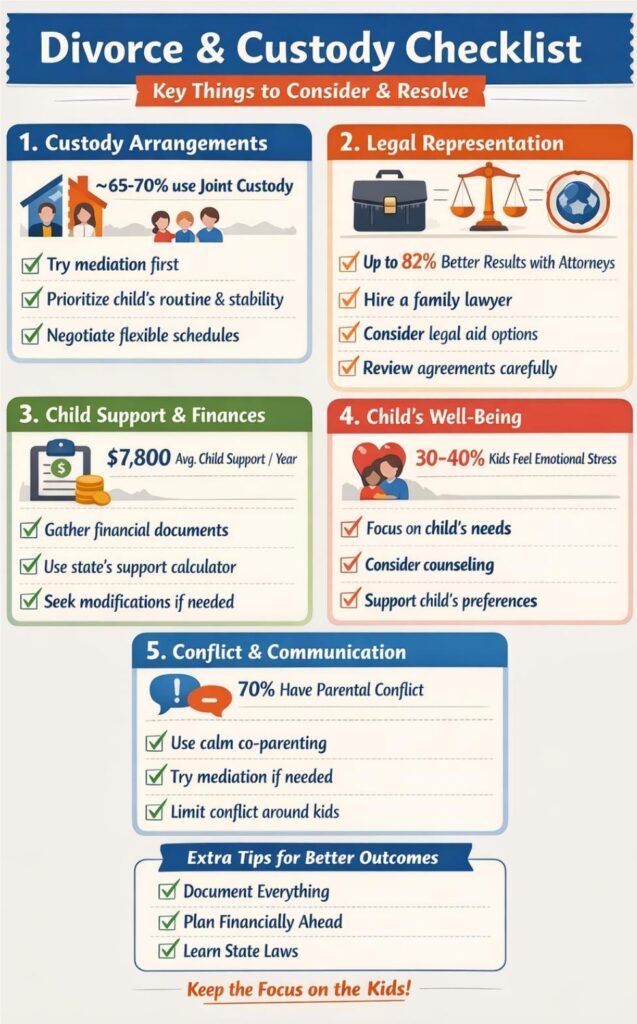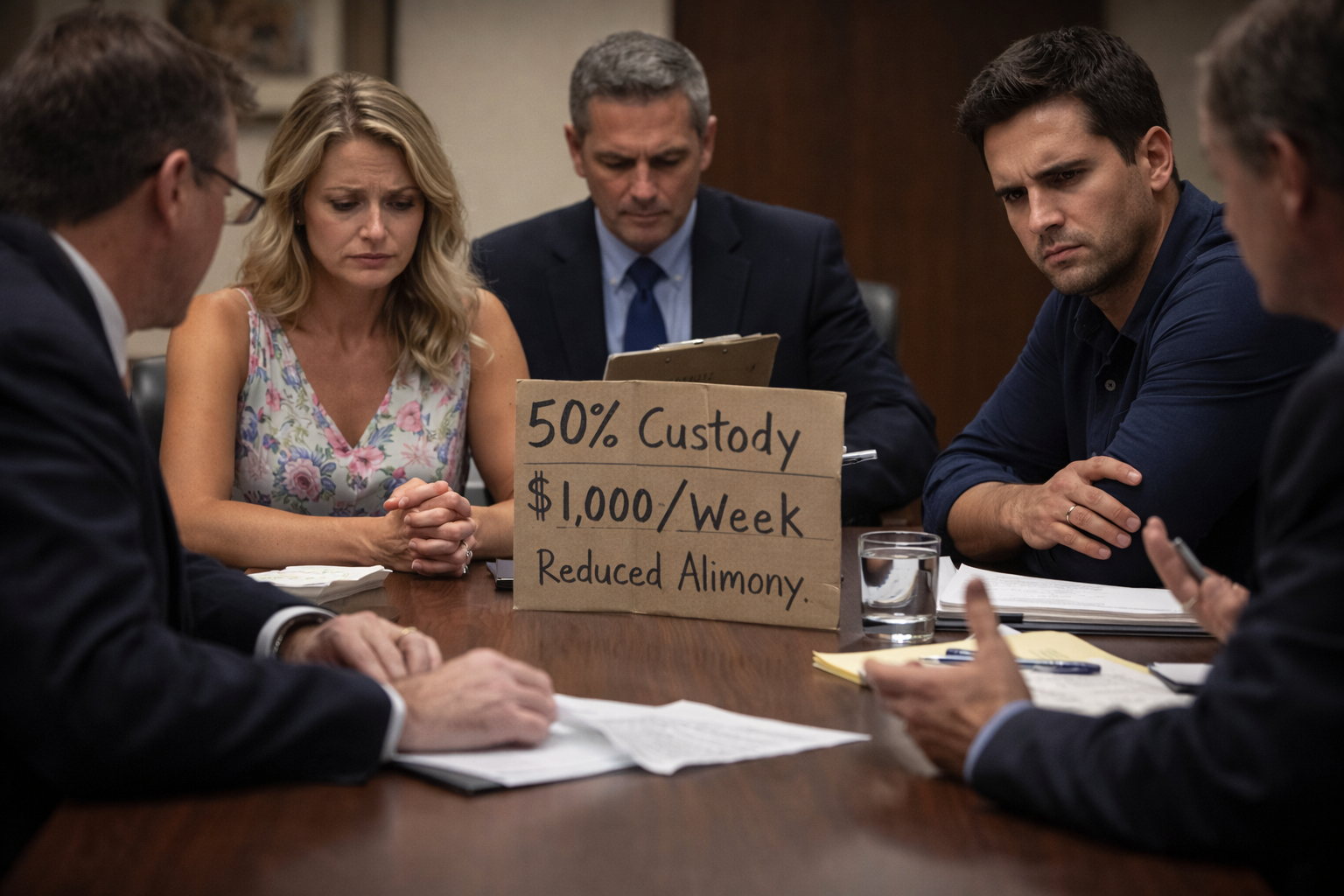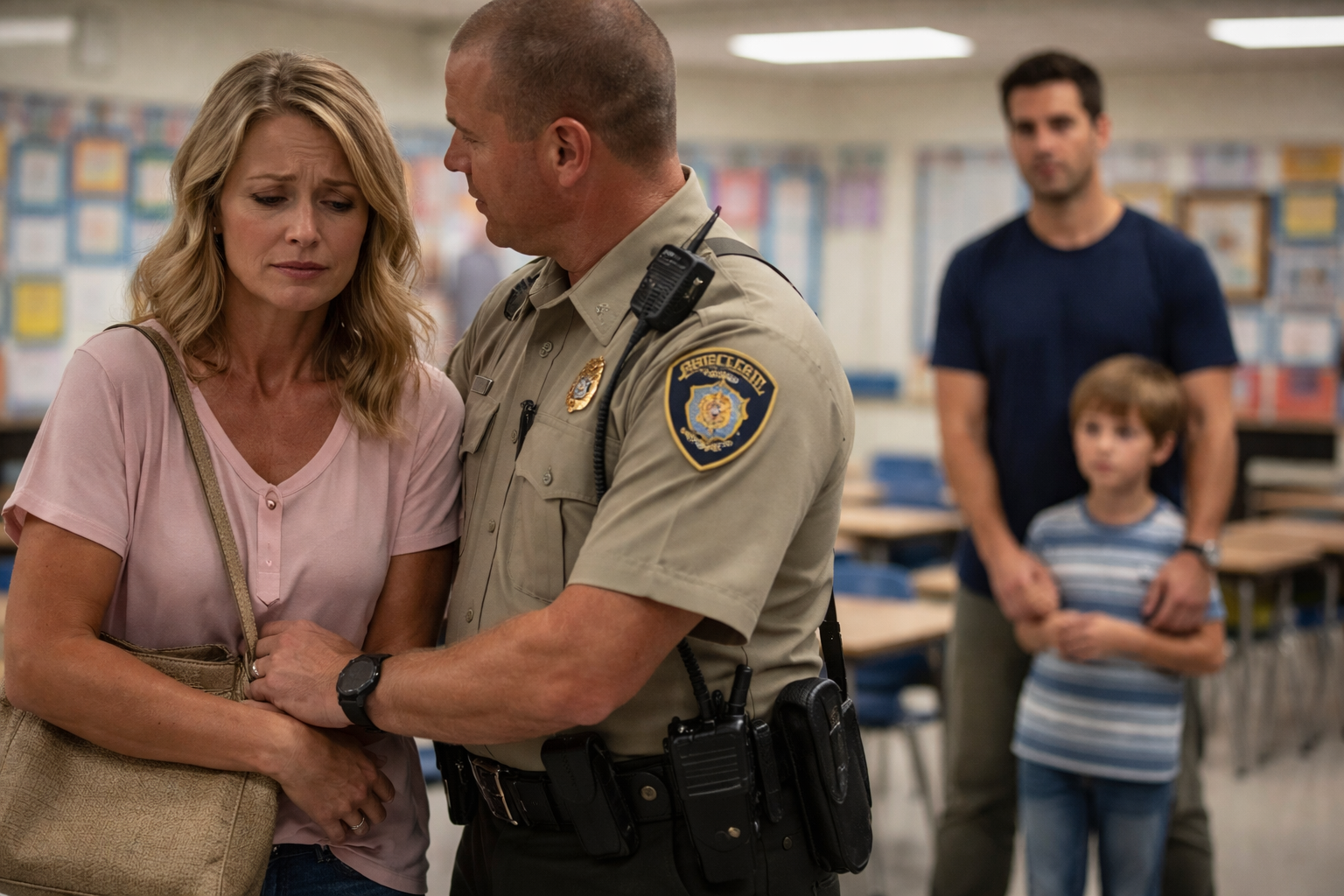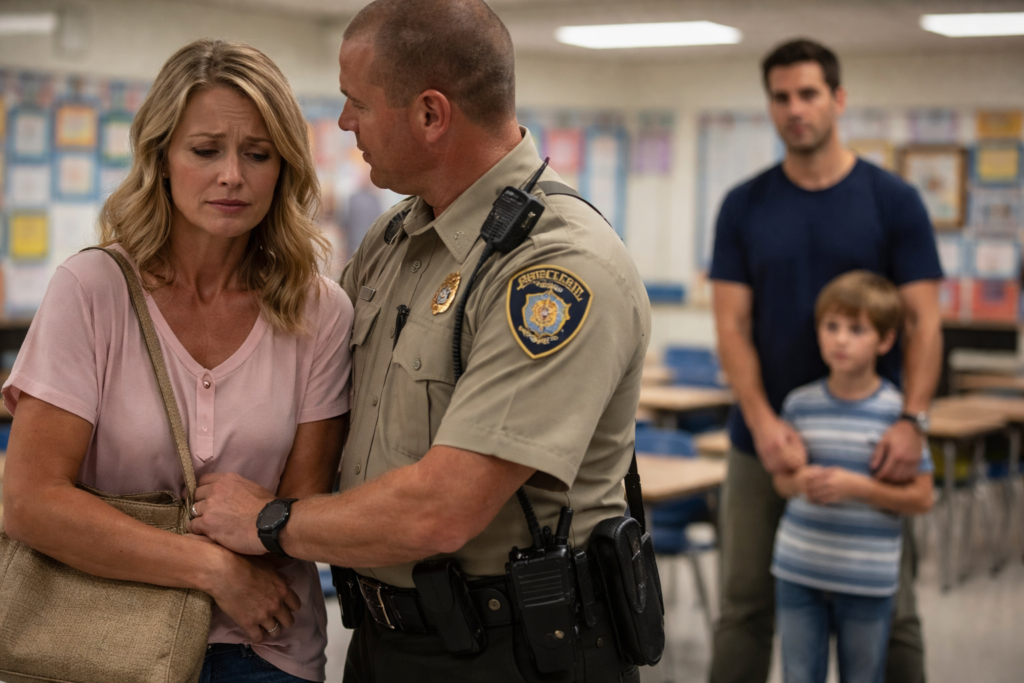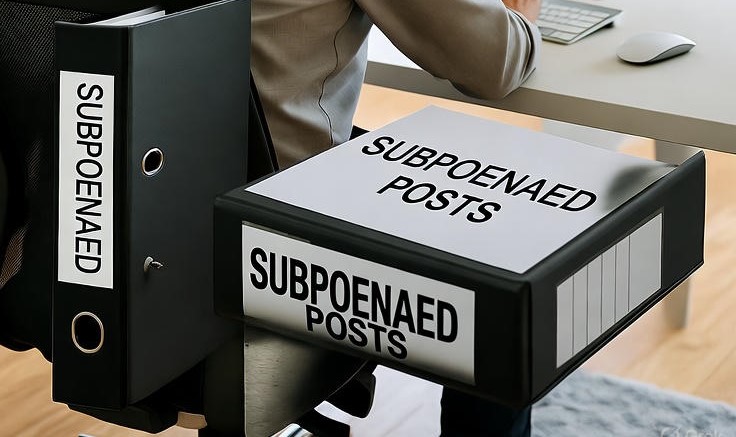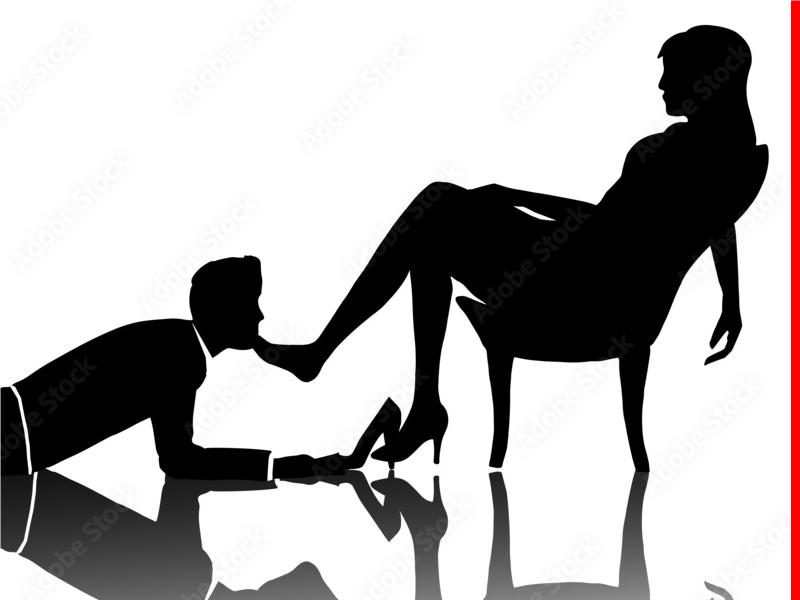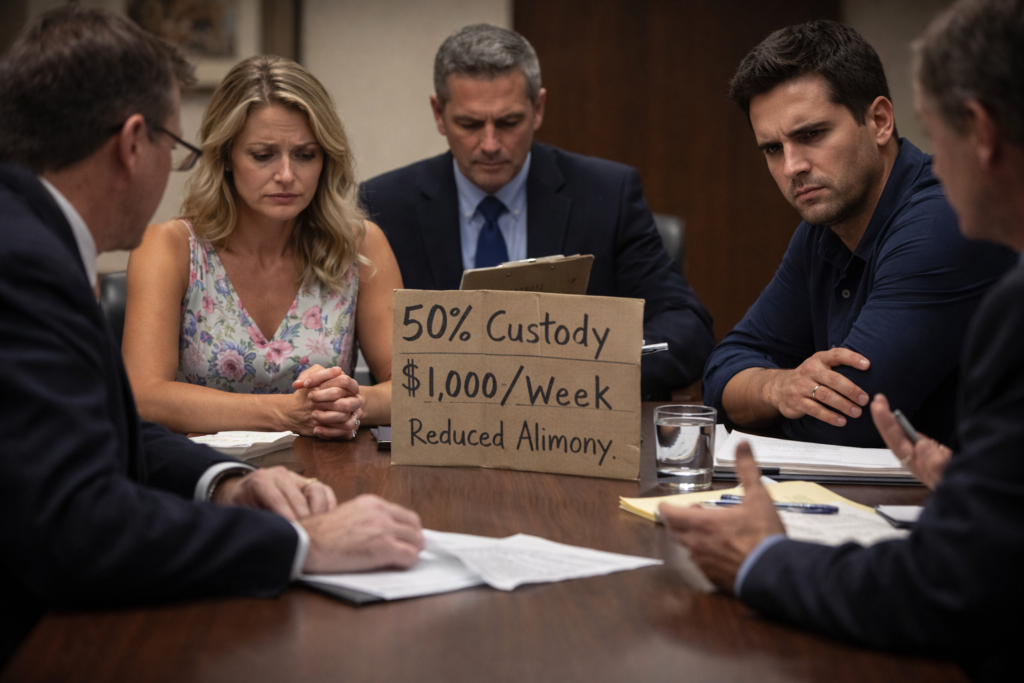
Coercive Tactic
Four months after Mitchell filed for divorce—without warning, without conversation, without mercy—our attorneys scheduled mediation. By then, I was no longer shocked. I was hollowed out. Running on fumes. Living inside a constant state of fear and disbelief, wondering each morning what new cruelty would arrive before nightfall.
Those four months were not quiet.
They were warfare.
On our actual wedding anniversary, Mitchell filed an emergency motion. The motion was file stamped at 4:54 p.m. 6 minutes to spare just to ensure it was filed on our anniversary. Sickening how calculating he is.
That same morning, he looked me in the eye and said,
“Happy anniversary, Jocelyn,” before leaving for work knowing what he was filing and how he was going to get me again in his game.
That’s the kind of man I was dealing with.
During those months, the police came to the house repeatedly—sometimes unannounced, sometimes aggressive, always disorienting. Each time, I was left standing there in a fog, heart racing, trying to understand what fresh lie he had told them this time. False reports. Fabricated concerns. Allegations designed not to protect anyone—but to destabilize me.
And it worked.
I was living in survival mode, never knowing when the next knock would come, never knowing what version of me he had painted that day.
Then came the hearing that changed everything.
Mitchell and his attorney played snippets of secret recordings—carefully curated moments where he pushed my buttons, twisted conversations, baited me relentlessly until I cracked. Until I reacted. Until I yelled.
At one point, I said, “You asshole.”
That was it.
That single word—spoken after months of psychological terror—was enough.
My attorney leaned over and said to me, “Well… you did call him an asshole.”
So fucking what?
Is swearing a crime now?
Is reacting to abuse illegal?
Is defending your sanity grounds for losing your child?
Apparently, yes.
The judge removed me from my home.
And worse—he took my son from me.
That was the moment Mitchell hit me where it would destroy me the most.
Not my pride.
Not my reputation.
My motherhood.
The one thing I knew—deep in my bones—that I was good at. The one role I cherished above all else. The one identity no one should have been able to strip from me.
I was reduced to every-other-weekend visitation.
Mitchell didn’t walk away untouched. The judge ordered him to pay $1,000 per week in temporary alimony. A financial slap on the wrist compared to what he had taken from me—but at least it acknowledged something.
Still, I was drowning.
I had no access to marital funds. Mitchell put his attorneys on credit cards and cut me off entirely. Every dollar I spent on my legal defense came from scrambling, borrowing, panicking. No judge. No attorney. No system stepped in to say, She needs representation too.
By the time mediation arrived—August 26th—I was exhausted beyond words.
Eight hours.
Eight hours locked in a process that felt less like resolution and more like psychological endurance training. For once, my attorney did sharpen his tongue. He questioned Mitchell, pushed him, tried to disrupt the control Mitchell so effortlessly wielded over me.
Mitchell was irritated. Sweating. Uncomfortable.
And then—after seven hours of wasted time, wasted money, and mental torture—Mitchell finally made an offer.
He would give up 50% custody of our son.
In exchange for a 50% reduction in alimony.
Just like that.
He sold our son for money.
That’s not a metaphor. That’s not dramatic language. That’s exactly what happened.
This was never about concern about his safety, or my ability to parent Samuel.
This was never about our child.
It was about control.
And money.
I looked at my attorney and said the only thing a mother could say.
“Of course I’ll take my son over money.”
But I also knew this had to go before a judge. Because during that bogus emergency hearing, Mitchell had claimed I was “off my meds”—a complete lie. And now here he was, casually offering custody like a bargaining chip.
Eight full hours.
Eight hours of mediation fees.
Eight hours of attorney billing.
A transcriptionist paid to document my unraveling.
All for what?
So I could fight to get back the child God blessed me with?
The child I adored before he ever took his first breath?
The child I loved more fiercely than my own life?
When it was finally over, I felt empty.
And then—because the universe apparently wasn’t finished humiliating me yet—my attorney looked at me and said:
“You look hot today. That dress really suits you.”
I was wearing a flowing pastel floral dress.
It was inappropriate.
It was jarring.
It was wrong.
And it was the final reminder of the day:
No one in that room was protecting me.
Not the system.
Not the attorneys.
Not the process that claimed to be about fairness.
Mediation wasn’t about compromise.
It was about watching my child be turned into currency—
and realizing just how much I was willing to lose to get him back.
